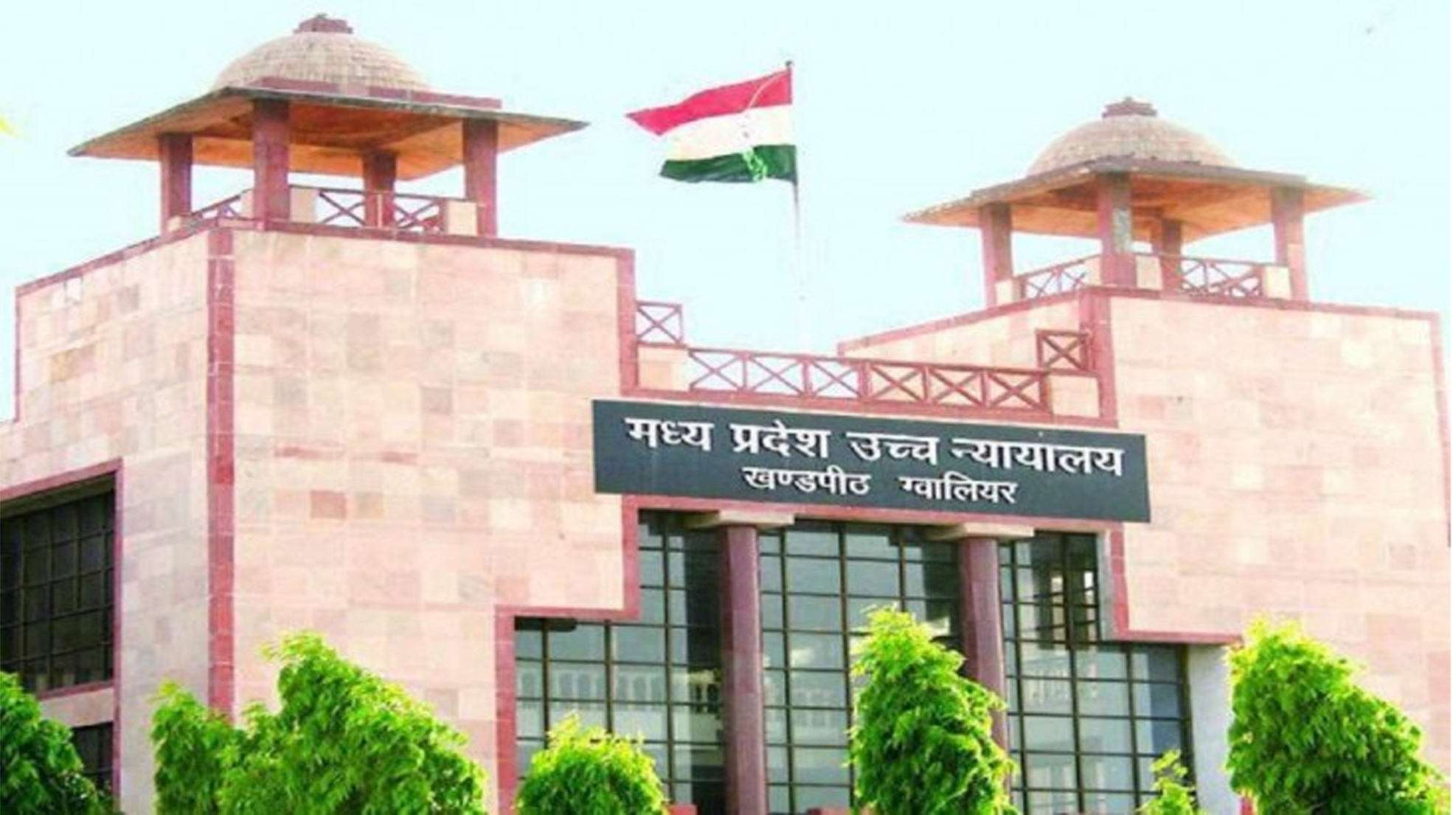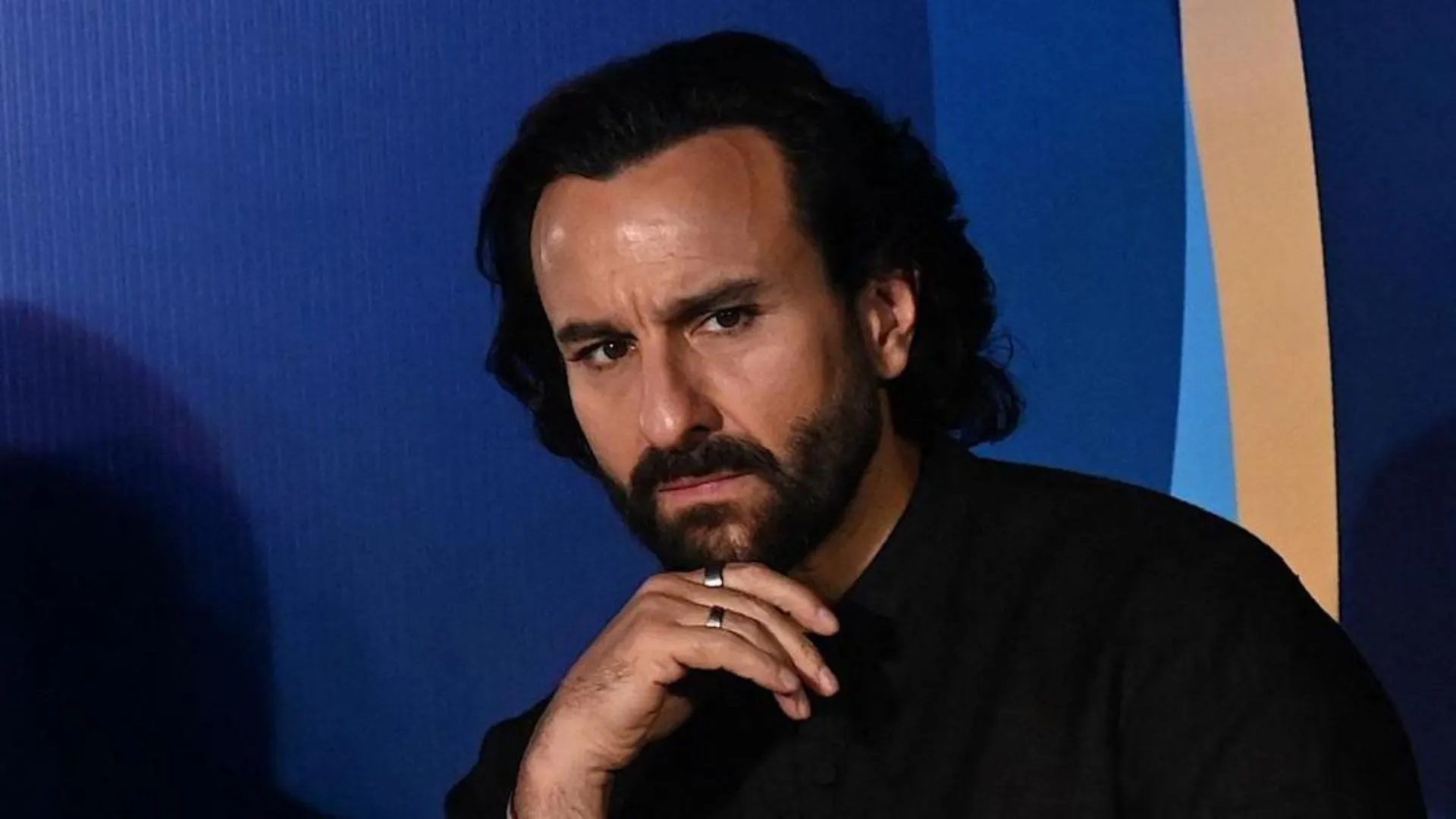The Madya Madhya Pradesh High Court Indore Bench in the case PCIT Versus M/s Great Galleon Ventures Ltd. observed and has dismissed the appeal of the department, wherein ruling that no incriminating documents were being discovered during the search.
The division bench comprising of Justice Sushrut Arvind Dharmadhikari and Justice Prakash Chandra Gupta in the case observed that the order passed in an appeal did not suffer any illegality that would give rise to a proposed substantial question of law before the court.
In the said, an issue was raised by the department that weather in the absence of any incriminating documents which is being seized during the course of the search, it has been justified from the side of Assessing Officer in making the addition to non-abated assessment orders under Section 153-A.
An appeal was also directed before the CIT against the addition of income by the assessing officer taking production on a presumptive basis and working out estimated income.
Therefore, the sum total of the additions is not based on any kind of incriminating material which is being found during the search.
Accordingly, the court dismissed the appeal of the department because there was no substantial question of law in the case.
The counsel, Advocate Veena Mandlik appeared for the Appellant.
The counsel, Ibrahim Kannodwala represented the respondent.

















